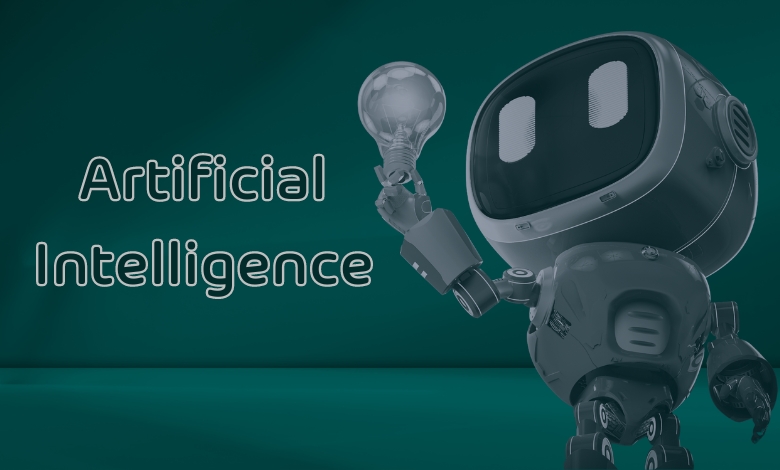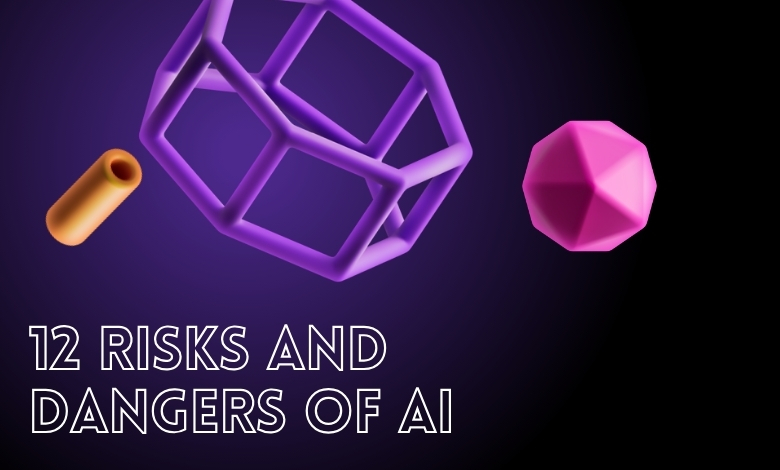In this in-depth review of the “Am I Ugly AI Online Tool,” we unpack its tech, ethics, psychology, and radical truths about beauty.
In a digital world obsessed with filters, likes, and fleeting standards, a simple question seems to haunt us all: Am I ugly?
It’s raw. It’s real. And now, it’s algorithmically answered by something called the “Am I Ugly” AI online tool.
At first glance, this tool feels like a joke or a silly internet novelty, but let’s pause right there. We’re standing at a crossroad where technology, self-image, and psychology collide. And this tool isn’t just reflecting your face; it’s reflecting a culture, an ideology, and the terrifying obsession we’ve developed with being “aesthetic.”
This article isn’t just another walkthrough. We’ll tear into what this tool really is, how it works, what it gets wrong, and what it says about us as a society. And most importantly, we’ll ask the question no one’s asking:
What the hell are we doing when we let an algorithm define our worth?
Article Breakdown
The Mechanics Behind the Mirror: How the Tool Actually Works
What’s Under the Hood?
Let’s decode the tech first. Most of these “Am I Ugly” digital tools use some form of computer vision, often built with convolutional neural networks (CNNs), the same kind of tech used in facial recognition, autonomous driving, and medical image analysis.
These tools assess your uploaded photo using metrics like:
- Facial symmetry
- Golden ratio proportions
- Skin clarity and tone
- Eye spacing and size
- Jawline sharpness
- Lip shape and balance
Sounds clinical, doesn’t it? That’s because it is. These are cold, fixed parameters coded into an algorithm that doesn’t understand your personality, your story, your culture, or your quirks. It just crunches numbers.
Is It Real AI or Just a Gimmick?
Spoiler alert: Most of these tools are not “real” AI. Some are simply running pre-programmed scripts using OpenCV or basic machine learning libraries. Others are glorified clickbait mechanisms meant to drive traffic or collect your data.
The more advanced ones claim to use GANs (Generative Adversarial Networks) or deep learning models, but again, even these are working from a narrow definition of beauty, one that is rooted in Eurocentric, Instagram-fueled aesthetics.
So while they might wear the shiny label of “AI,” they’re often just coded reflections of our society’s worst beauty biases.
The Psychology of Asking “Am I Ugly?”
The Emotional Minefield
Before we even talk about what the AI says, let’s talk about why someone might use it.
You’re not uploading a selfie because you’re bored. You’re uploading it because you want answers. Reassurance. Maybe even a weird kind of masochism.
There’s something deeply human, and deeply tragic, about outsourcing our self-worth to a machine. It’s not vanity. It’s vulnerability. It’s the result of a culture that systematically commodifies beauty and markets insecurity as a lifestyle.
Digital Validation vs. Internal Validation
Here’s the kicker: Even if the AI tells you you’re beautiful, that hit of dopamine fades. And fast.
What lingers is the reliance on external validation.
We’re training ourselves to look outward for confidence, when what we need is the unlearning of shallow validation systems altogether. The AI can’t fix that. It might actually make it worse.
Cultural Bias: Whose Beauty Are We Measuring?
The Eurocentric Trap
Let’s rip the Band-Aid off: Most of these tools are trained on Western datasets. That means they tend to idolize features like:
- Light skin
- Small noses
- High cheekbones
- Slim faces
- Symmetrical proportions
Sound familiar? It’s a Pinterest board in algorithmic form. If your features don’t match that mold, you’re more likely to be rated “less attractive” by the tool, not because you are, but because the model was biased from the start.
Racism, Colorism, and the Algorithm
Let’s go deeper.
People with darker skin tones, ethnic features, or cultural facial traits are often rated lower not because of any valid aesthetic measure, but because the dataset lacked representation.
This isn’t just technical oversight. It’s algorithmic colonialism. Beauty gets defined by what’s in the training data, and if that training data is whitewashed, the entire output becomes a mirror that erases diversity.
Who’s Profiting Off Your Insecurity?
Data Collection Disguised as Entertainment
Let’s not kid ourselves, nothing online is truly free. These AI tools often collect your facial data, store it, and sometimes even sell it to third parties.
What starts as a moment of curiosity becomes a monetized moment of vulnerability.
Ask yourself: Would I give this much data to a stranger on the street? Probably not. But online, we hand over our photos, faces, and emotions like candy.
Ad Revenue, Upsells, and the “Glow-Up” Scam
Some of these tools will hit you with “beauty scores,” only to offer you products, apps, or filters that “can help improve your score.” It’s a carefully crafted loop: Make you feel bad → Sell you the solution.
It’s psychological warfare disguised as entertainment.
Real People, Real Reactions: What Users Are Saying
We scoured forums, Reddit threads, and YouTube comments to see what people actually experience after using these tools.
Here’s what surfaced:
- “It rated me a 3/10, and now I can’t stop thinking about it.”
A teen girl on Reddit, questioning her appearance every time she looks in the mirror. - “I’m a guy and it told me I’m ugly. That actually made me spiral for a few days.”
A YouTube commenter describing the emotional fallout. - “It said I was average, and I felt relief… but also sad that I cared so much.”
A surprisingly common reaction: users felt seen by the AI, but also shame for giving it so much power.
What does that tell us? These tools don’t just give you a number. They shape narratives inside your head, narratives that can linger long after the browser tab is closed.
The Radical Truth About Beauty: Why the Whole Question Is Flawed
Here’s where we go radical.
Beauty Is Not a Math Problem
Trying to distill beauty into equations and code is like trying to bottle a sunset. You miss the magic entirely.
Your face isn’t a dataset. Your story isn’t a symmetry score. And no algorithm will ever capture what makes someone feel beautiful, inside or out.
Ugly Isn’t Real, It’s a Weapon
“Ugly” isn’t a fixed state. It’s a cultural label we use to police bodies, silence people, and maintain power structures.
When you ask, “Am I ugly?” you’re not really asking about your face. You’re asking:
- Do I belong?
- Am I good enough?
- Will someone see me and still stay?
Those questions can’t be answered by a tool. They must be answered by you, in a lifelong act of unlearning and reclaiming.
Alternatives That Build, Not Break
Tools That Empower
If you’re looking for online tools that help with self-awareness, confidence, or personal growth, consider:
- Reflectly or Moodpath – for mental health journaling.
- Youper AI – for AI-guided cognitive behavioral therapy.
- Skin positivity communities on Instagram or TikTok – for diverse representations of beauty.
These don’t promise perfection. They encourage presence. And they don’t reduce you to a score.
Key Takings
- The “Am I Ugly” AI tool is built on limited, biased datasets and reflects narrow beauty standards.
- The emotional impact of using such tools is real, especially among teens and vulnerable users.
- Most of these platforms collect and monetize your data, often without transparent consent.
- Beauty isn’t algorithmic, it’s emotional, contextual, and deeply personal.
- These tools reinforce harmful validation cycles, instead of encouraging self-worth and confidence.
- What you seek in an algorithm must first be found in yourself, through community, reflection, and unlearning toxic standards.



